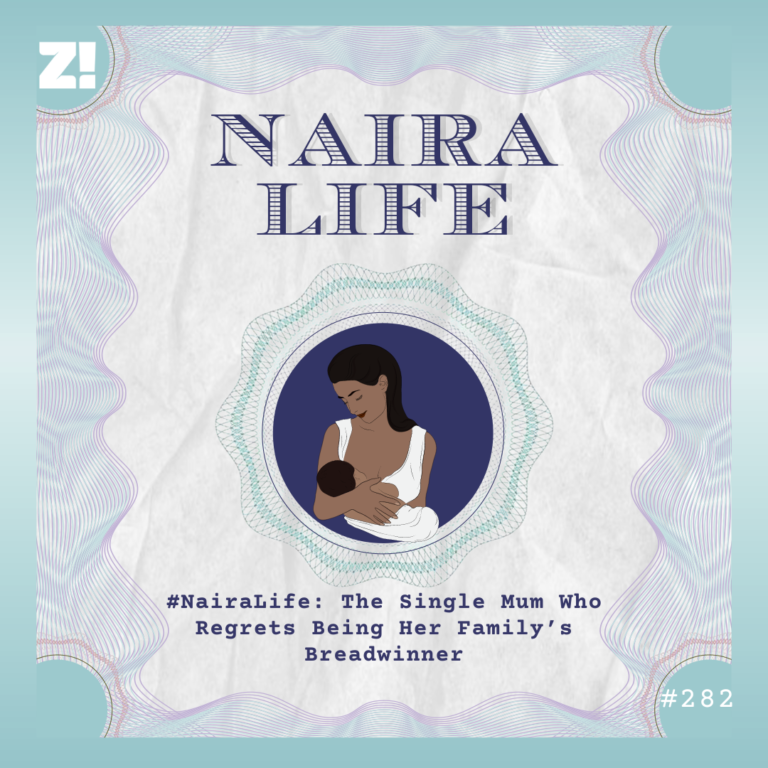Within the space of two months, fuel prices have tripled, the naira has fallen to record lows and inflation has gone through the roof.
Now more than ever, doing business profitably in Nigeria has become even more difficult. How has this affected small business owners? I spoke to a number of them about how they’re staying afloat during this period.
Some have had to increase retail charges
“I sell decorative flowers, and my business depends on foreign exchange because many of my suppliers have to import the products. Since June [2023], prices from my suppliers have doubled, and I’ve had to do the same for retail. For example, a small flower vase that I used to sell for ₦9k just two months ago is now ₦17 – 18k. My customers are angry, and sales have reduced drastically, but I can’t afford to charge lower. If I sell everything at a loss, how would I restock?” — Glory, Flower shop owner
“I deal with electronics, which means I need constant electricity so prospective buyers can test the products. Before now, I spent around ₦7 – 10k weekly on fuel. Now, I ration my fuel usage but still spend close to ₦21k weekly. I’ve had to increase my prices by 30% to meet up with the operational costs. I may even have to increase it again because supply has also become more expensive. I have to transport my products from Lagos to Ekiti, and shop rent is still there o.” — Nedu, Electronics dealer
“The difference hasn’t been that much because my plant business only started operating in April [2023], but delivery costs have risen. When we started, we could do Uber delivery from our location at Surulere to Lekki at ₦3k, but now, drivers don’t accept anything less than ₦4,500. The cost of decorative items like plant pots and white stones have also increased, which of course, increases the selling price. We informed our customers of the price change and increased delivery fees; they’ve been good sports about it. We also try to give a subsidy of sorts on delivery by paying a percentage of the cost so it’s not too costly for our customers.” — Tobi, Plant and furniture business owner
Others have had to take a break
“Inflation is dealing with me, not the other way around. I market bags on WhatsApp for a commission fee from a wholesaler, but sales have been really bad for about two months. The prices have doubled, and people are looking for what to eat, not fashion. In a good month, I used to make around ₦40k in commissions, but I’ve not sold anything since July. I just want to take a break and re-strategise.” — Becca, Fashion entrepreneur
“I sell food, and I normally cook twice a day to meet up with demand. But I’ve had to limit my cooking to only mornings because of the high cost of food and items like plastic spoons, nylon and “takeaway” plates. Customers complain about the reduced food quantity, and some even eat on credit. I’ve moved from making around ₦6k in daily profit to about ₦2k. It’s hard.” — Iyabo, Roadside food seller
Others just closed down
“I’ve had my provision store for about three years but closed it down last month. Sales have been challenging since last year, but 2023 has been something else.
I used to get items from my wholesaler on credit with the agreement to pay back when I need to buy more, but she’s now refusing to sell on credit. And it’s not her fault; the economy isn’t smiling at all. I still have drinks in my freezer that I haven’t been able to sell because the limited power supply means they can’t get cold, and I don’t have money to fuel my generator regularly. I’ll find a way to sell them off later. For now, I’m just tired of selling at a loss.” — Gold, Provision store owner
“I started making natural hair care products in January, but I’m stopping this month because it’s too expensive to keep up. I was still struggling to build my client base when the cost of production went up. For example, a cream I sell for ₦4k used to cost ₦3,200 to produce. Now, it costs ₦4,100 to produce. How do I tell the customers I’m still trying to keep that I’m increasing prices just seven months after I started selling?” — Moji, Haircare entrepreneur
NEXT READ: Are You Financially Irresponsible, or Is It Nigeria?




